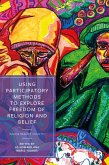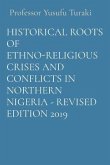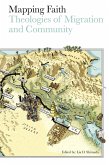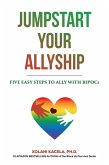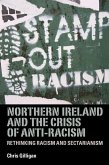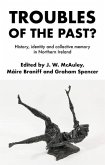This book uses the narratives of women who fled Algeria in the 1990s-known as the 'Black Decade'-to offer a more intimate understanding of the violence women face in times of conflict. It details their struggle for independence, and for freedom from the violence directed against them as women, as well as revealing the obstacles they encounter when seeking gender-appropriate international protection. Chapters also investigate these women's life experiences beyond Algeria, and the professional and cultural networks they form. Such networks play an important role in enabling the female diaspora to maintain relationships with Algeria and to engage in political discussion concerning the recent revolutionary Hirak movement, which emerged in 2019.
Latefa Narriman Guemar has been publishing on the Algerian diaspora and Algeria's socio-political context since 2012, drawing on her own experiences as well of those of others. The result of rich empirical data gathered through months of fieldwork with women survivors of the 1990s conflict in Algeria, this book employs innovative research methods to investigate female experience of conflict, flight and living in exile. It challenges official narratives which deny the mass exodus of highly skilled Algerian women in recent years, and provides an important contribution to the study of Algerian postcolonial history. It also offers new ways of approaching healing processes for female victims of persecution and terrorism.
Latefa Narriman Guemar has been publishing on the Algerian diaspora and Algeria's socio-political context since 2012, drawing on her own experiences as well of those of others. The result of rich empirical data gathered through months of fieldwork with women survivors of the 1990s conflict in Algeria, this book employs innovative research methods to investigate female experience of conflict, flight and living in exile. It challenges official narratives which deny the mass exodus of highly skilled Algerian women in recent years, and provides an important contribution to the study of Algerian postcolonial history. It also offers new ways of approaching healing processes for female victims of persecution and terrorism.
Dieser Download kann aus rechtlichen Gründen nur mit Rechnungsadresse in A, D ausgeliefert werden.



